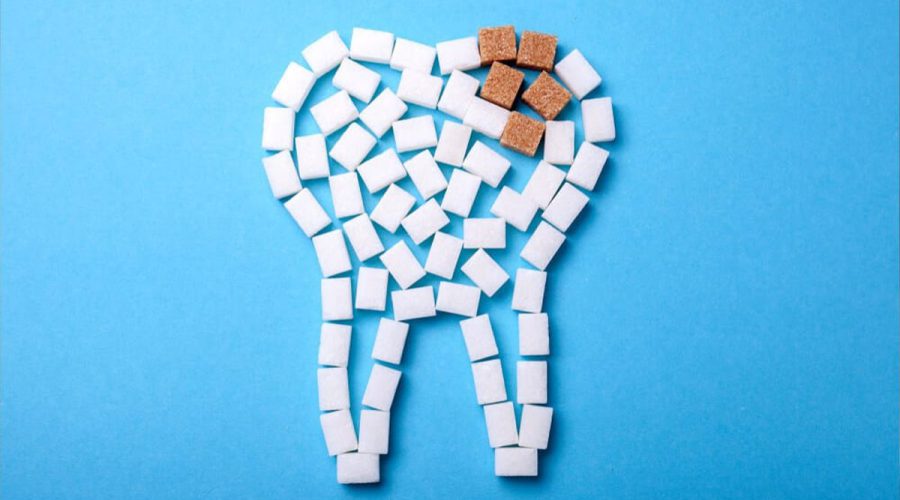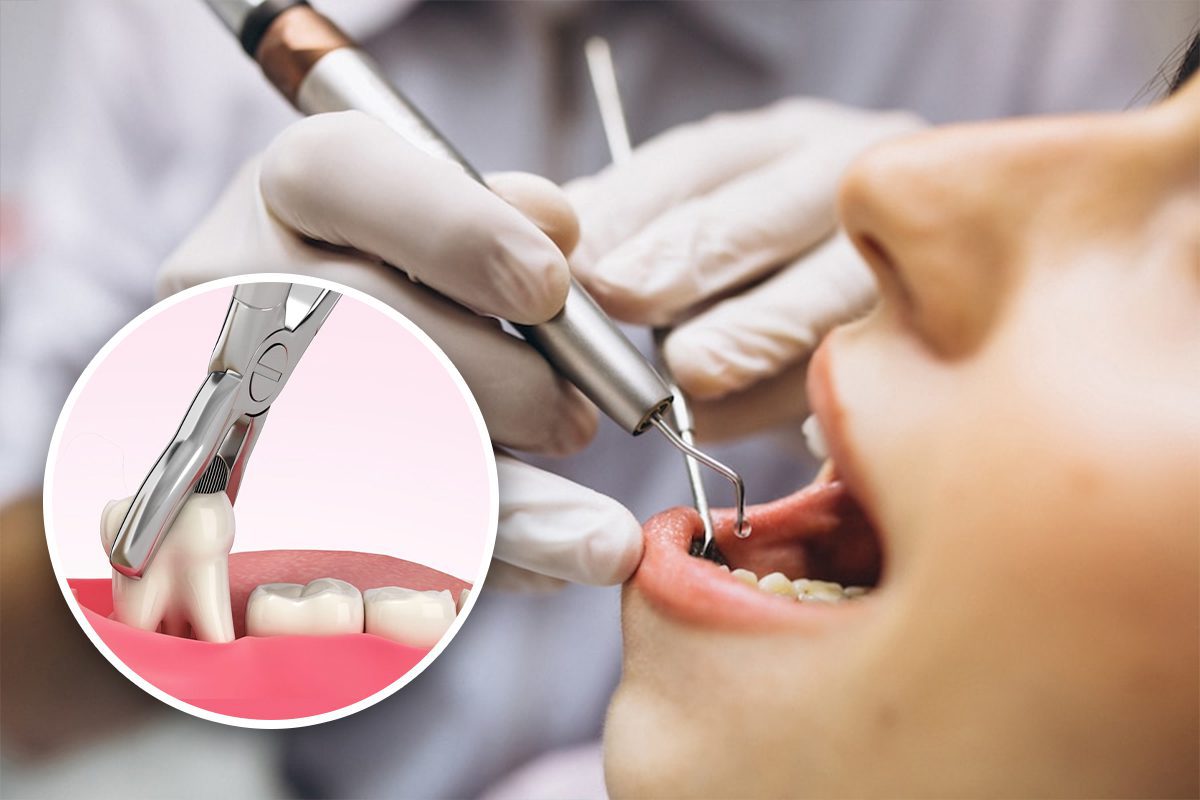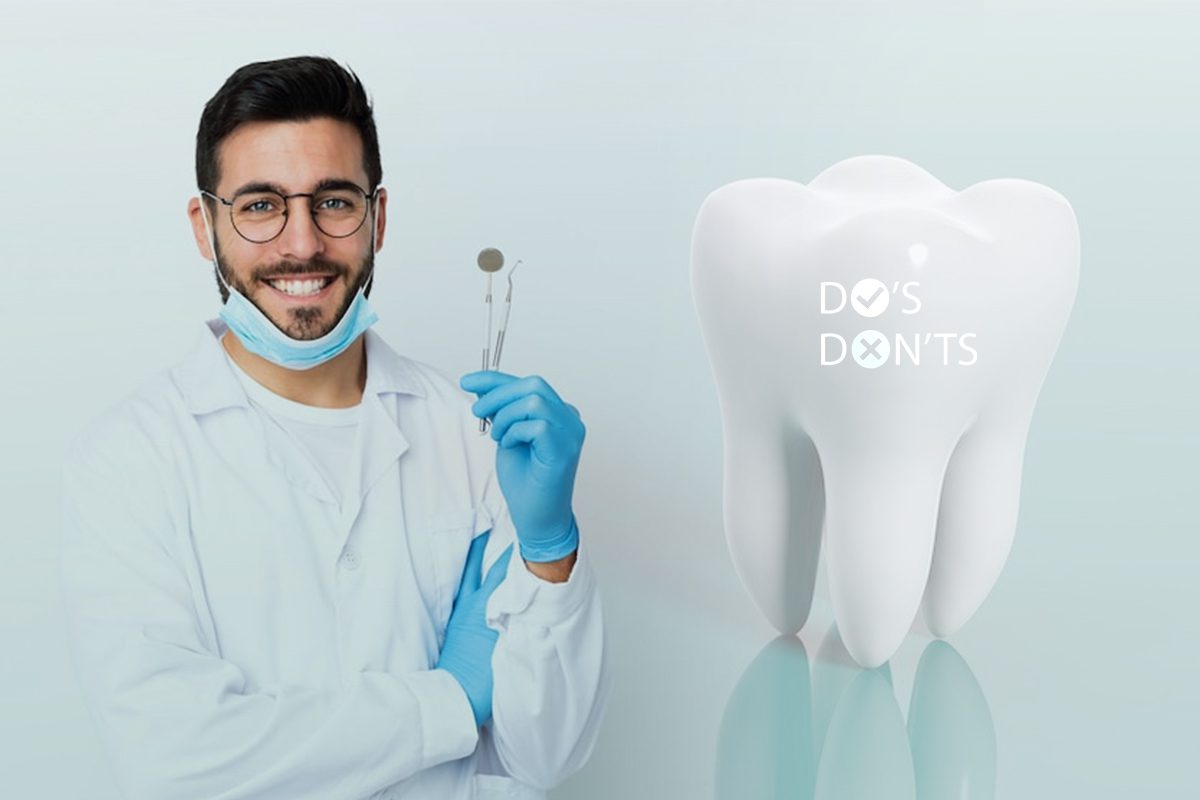Sugary treats are a favorite of everyone. Although humans have a sweet tooth that is not likely to go away anytime soon, it is important to understand the potential harm that sugar can cause to your oral health in the long run. Overconsuming sugar and not caring for your teeth will damage and lead to Dentist emergencies.
Let’s see how!
How does sugar affect your teeth?
A sugary diet leads to tooth decay. Even naturally occurring sugars in fruits can contribute to tooth decay if consumed in excess.
The truth is that the sugars in fruit juice behave the same way as those in soda. So you may think that sipping a glass of fruit juice instead of a sugary soda is better for your teeth, but the reality is far from it.
The foods and drinks that contain artificial sweeteners may be better for your teeth than sugar, but the sweeteners themselves are still problematic. Diet sodas, for example, can contribute to tooth decay since they are highly acidic.
Can you substitute sugar-free candies for sugary candies? Possibly. In addition to not altering your mouth’s pH, sugar-free hard candies increase saliva production, which is beneficial for protecting your teeth. Although many of these products contain other harsh ingredients, they may not be good for your health. Therefore, use them in moderation.
Reasons Why Too Much Sugar Is Bad For Your Teeth
1. Sugar and PH in your mouth
Your teeth are constantly remineralized by the ‘good’ bacteria in your mouth. Although good bacteria are always hard at work, these pesky bad bacteria also thrive in an acidic environment. However, minor damage is repaired daily.
There is a possibility that sugar consumption can lower the pH levels in your mouth, which might increase the levels of ‘bad’ bacteria living there. You could end up with dental problems that require a dentist’s treatment if they cause more damage than the good bacteria can repair.
2. Decay of the teeth and sugar
An enamel exposed to acid frequently loses minerals due to repeated acid attacks due to frequent eating and drinking, especially foods and drinks containing sugar and starch. White spots may develop in the enamel where minerals have been lost.
Minerals are lost as a result of tooth decay. In addition to minerals in saliva, enamel can restructure itself by absorbing fluoride from toothpaste. Enamel weakens and is destroyed over time, causing a cavity to form. There are several ways to stop or reverse tooth decay at this point.
It is possible to get cavities between the teeth when sugary liquids flow between them. Foods that are sticky and sweet get stuck on the biting surfaces of the teeth, where they are more likely to cause cavities.
Taking a sugar substitute is a great alternative to sugar, which can help prevent the growth of cavities-causing bacteria.
3. Does sugar cause plaque?
Bacteria love sugar, and sugar attracts them like a magnet.
Streptococcus mutans and Streptococcus sorbrinus are two of the destructive bacteria that inhabit the mouths of human beings.
When you eat sugar, both of these bacteria feed on it, producing what is known as dental plaque, a sticky, colorless film covering the surface of your teeth. If plaque that has formed on the teeth is not removed by saliva or brushing, the mouth environment may become more acidic, and gum disease will begin to form.
The pH scale consists of seven points, seven being neutral, and it measures how acidic or basic a solution is. Acidity starts to dissolve minerals in plaque if the pH drops below normal or below 5.5. This causes enamel to dissolve. When this happens, small holes or erosions will appear on the tooth’s surface. Eventually, they grow larger and larger until one large cavity is visible.
How long does it take for sugar to rot teeth?
1. Plaques are the starting point.
There are hundreds of bacteria in your mouth. The bacteria in your mouth can be good for your health and cause damage to your enamel; however, Streptococcus mutants and Streptococcus sorbrinus can cause severe damage.
Plaque is the accumulation of bacteria on the surfaces of teeth, a colorless and sticky biofilm. Plaque is full of these bacteria responsible for tooth decay, which make consuming sugar so harmful to your teeth.
2. Plaque bacteria feed on sugar which releases acids.
The problems with dental decay begins with what is known as an “acid attack.” Whenever you eat sugary foods, you are attracting the harmful bacteria which are found in plaque.
The bacteria in plaque begin excreting acids onto the surface of your teeth about twenty minutes after your first bite if you don’t brush. During this process, the sugars in your food become the food source for the bacteria.
The ideal way to deal with this is by brushing away the sugars left behind with a toothbrush after your meal. By doing this, you starve the bacteria and prevent them from causing any damage to your teeth.
3. Acids demineralize dental enamel, causing decay.
The bacteria in plaque begin releasing acids on your teeth as soon as they start growing, which causes the white, protective outer layer of your teeth, the dental enamel, to break down.
The minerals in your saliva, such as calcium and phosphate, fight against demineralization by restoring the dentin of your teeth after acid weakens the enamel. While saliva can contribute to the protection of your teeth to an extent, it can only go so far. Long-term consumption of sugary foods will lead to repeated acid attacks.
By exposing your teeth to too much acid, your dental enamel will eventually weaken due to mineral loss, precipitating tooth decay. When these erosion points accumulate over time, they eventually form a large hole called a cavity.
Brushing your teeth after eating sugar?
People think that after they eat sugar, they should brush their teeth immediately to remove the sugar from their teeth that they didn’t swallow. Even so, it is best not to brush your pearly whites right away after eating dessert. Instead, you should wait for 30 to 60 minutes.
You may find that sounds a little strange, but if you delay brushing your teeth for a while, you will get more sugar in your mouth than if you brush straight away. The reason for this is that the sugar particles may take a few minutes to get to your teeth; that’s why you should brush right away to get some sugar on your teeth that is not yet there.
Call an Urgent dentist required if you need a cleaning or a dental checkup to ensure your teeth are clean and bright.
Does mouthwash neutralize sugar?
The bacteria inside your mouth will turn sugars and starches into acid within minutes of eating. Even if what you ate wasn’t especially acidic. To nullify these acids somewhat, mouthwashes which contain a high (alkaline) pH are helpful.
Since the bacteria lives underneath the plaque and tartar, it is unlikely that the mouthwash would be able to reach every area of the mouth if there is plaque or tartar present in it. You will still benefit from it in reducing the severity of the acid attack on your enamel.
Additionally, PH neutralization helps reduce bad bacteria overpopulation since bad bacteria prefer acidic environments, while good bacteria like alkaline environments.
Conclusion
Trying to get rid of sugar from our diet can feel overwhelming. It’s so ubiquitous in food and drink that getting rid of it can be impossible. Now that you know how damaging sugar can be to your oral health, you should take steps to reduce it, such as removing refined, processed sugar, or high fructose corn syrup. With a change in diet and by eliminating these sweeteners from your diet, you can substantially reduce your risk of developing dental problems.
Do you want your teeth to be clean and healthy? Dental care can be a very simple and easy process. We want to be your guide as you establish long-lasting, impactful choices for the health of your teeth, diet, and overall wellbeing.
Here at Euro Dent, we provide family dentistry services to maintain the health and well-being of the smiles of your loved ones. We provide comprehensive dental services that range from routine dental checkups to extensive dental repairs using our state-of-the-art technology. We are committed to providing the highest quality dental care in a caring and respectful environment.
Schedule An Appointment At Our Clinic For Any Endodontic Emergency Treatment




